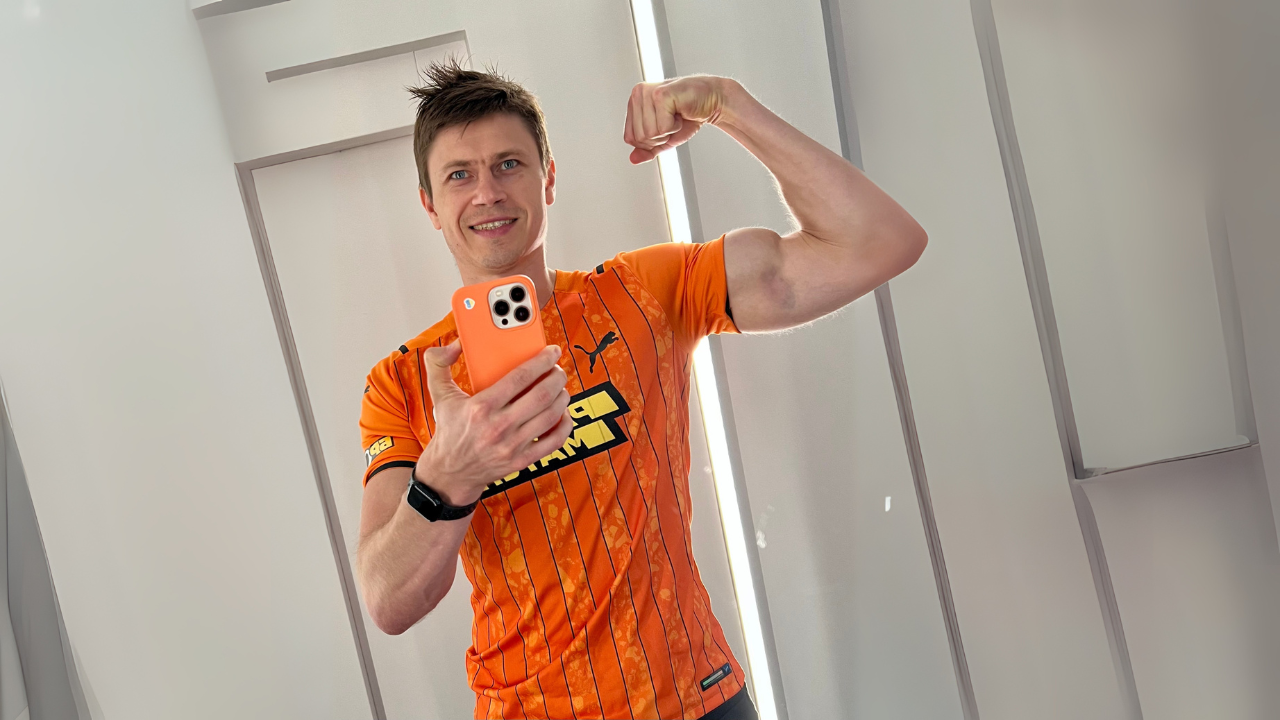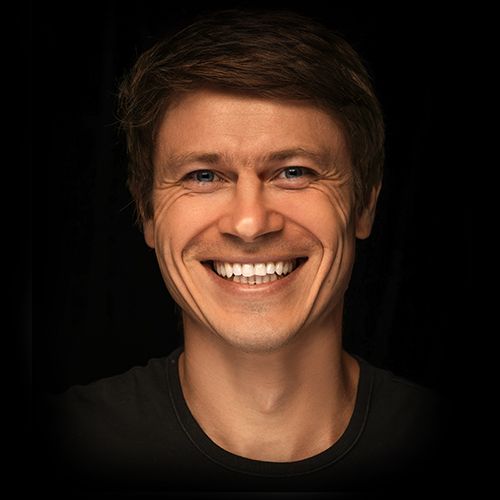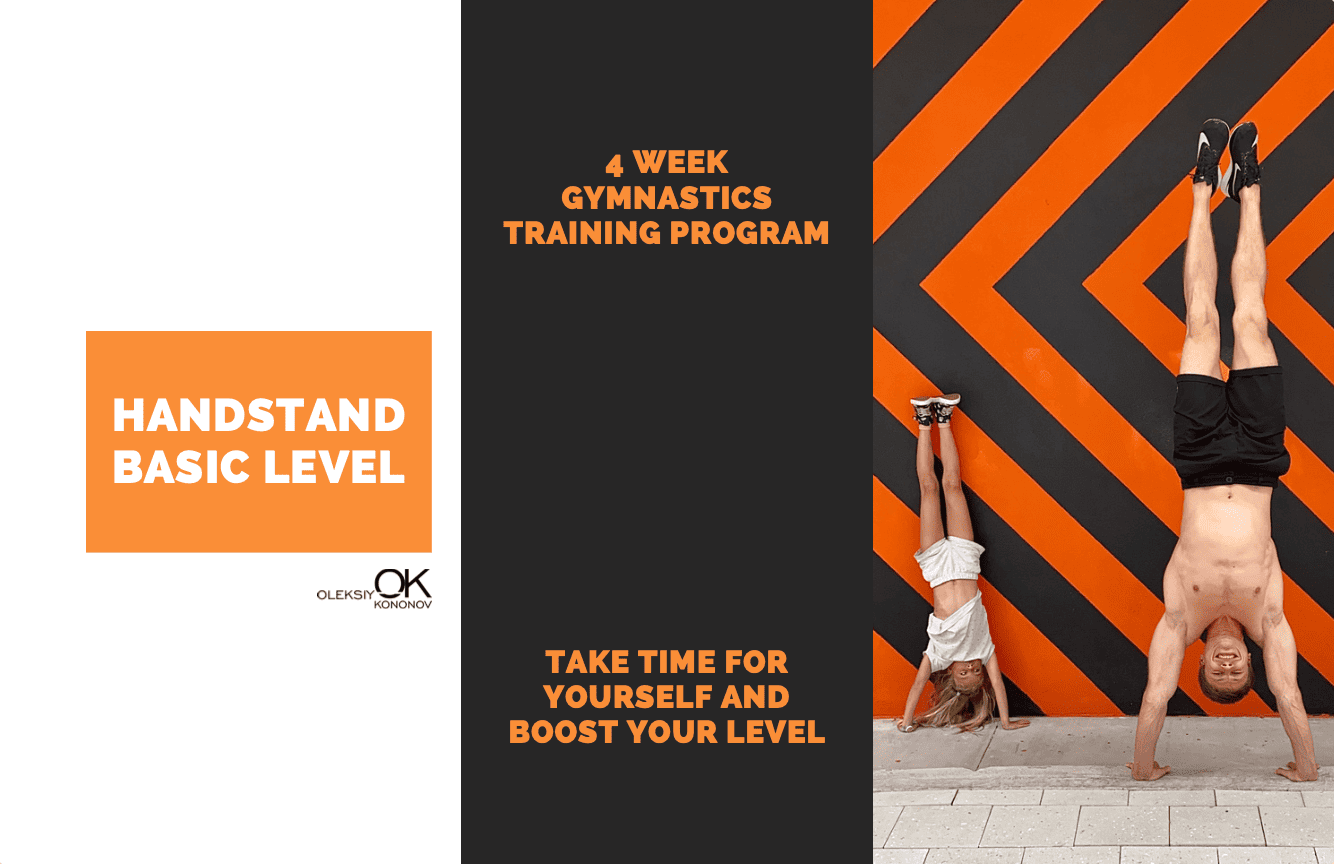Life Lessons Beyond English Class: Transformation, Failure, and Trust
Sep 30, 2025
I want to explain how this article appeared. I am learning English with a tutor. I don’t like learning from books, so we decided to just talk. We choose topics that are interesting, and through these conversations, I improve my English. Right now, we use the TV series Ted Lasso as our base. We watch, discuss, and try to understand what the authors wanted to share. It’s not only about English—it’s about life. And one day, I realized these conversations are valuable. They are lessons I want to keep for myself, re-read later, and share with my kids, my teammates, and my clients. That’s why I started publishing them here.
Transformation Takes Time
When I first started watching Ted Lasso, I thought it was too simple. Simple jokes, simple plot. But then episode by episode, season by season, it transformed into something deeper—a piece of art. For me, the whole series is about transformation. Not only of characters, but also of the show itself. And it reminded me of my own journey.
When I started reading books about self-development, I felt the same. At the beginning, it was like opening a new world. I told everyone: “Look, it’s so easy to change, it’s so interesting!” But after the first excitement, reality hit me. I smashed into the wall of experience. Nothing worked immediately. Just like in season one: the team starts doing the right things, but they still lose in the end. This is life. You start a transformation, but the result doesn’t come tomorrow. It takes time, it takes living with new habits and experiences.
Failure and Forgiveness
In the second season, Dani Rojas accidentally kills the team’s mascot. He loses his confidence, feels guilty, and falls into despair. It’s a funny but also powerful metaphor. Because in life, sometimes we make mistakes with our impact, and sometimes without. But we can’t just delete the memory. There is no magic button. I know this feeling. I also have mistakes—some were my fault, some not—but they still stayed in my head.
The only way I learned to deal with it is by changing focus. I tell myself: it’s either experience or life. If it was my mistake, I call it experience. If it was not my impact, I call it life. And then I try to be grateful. I remind myself: “Alex, you tried something new. That’s already good. You are already a hero for trying.” And then I finish by remembering what I have, what I am grateful for. This becomes my button to clean the memory.
Brain Like Google
I found a trick for myself: our brain is like Google. If you type a negative question—“Why did I fail?”—you will get a negative answer. If you type a positive question—“What can I learn? What can I try next?”—you will get a positive answer. The brain doesn’t care, just like Google doesn’t care. It gives you what you ask. So if I want to change my state, I change my questions.
Therapy and Trust
In the series, the club brings in Dr. Sharon, a psychologist. Ted is skeptical at first, but he needs time to adapt. For me, this is very real. My friends sometimes say: “Alexi, you don’t like when someone’s opinion doesn’t match yours.” And yes, that’s true. I need time to adapt. It’s not because I’m weak—it’s because I’m human.
I never really used therapy. For me, gymnastics is therapy. Movement, training—it’s a way to talk with myself through the body. Also, friends. When I share with friends, or when I listen to them, it’s already therapy. And that’s important: not everyone needs solutions. Sometimes we just need someone who listens. And in my opinion, listening is one of the most powerful skills we can develop. Few people can truly listen, but if you do, you can really help others.
Conclusion
So, what do I take from this? Transformation takes time. Failure is part of the journey. Forgiveness comes from gratitude. Our brain works like Google, so we must choose better questions. And therapy is not only in the psychologist’s office—it can be movement, friends, or simply being listened to.
This is not only English class. These are life lessons. And in Kononov Club, I don’t just want to help you train your body. I want to help you strengthen your mind and your life.




